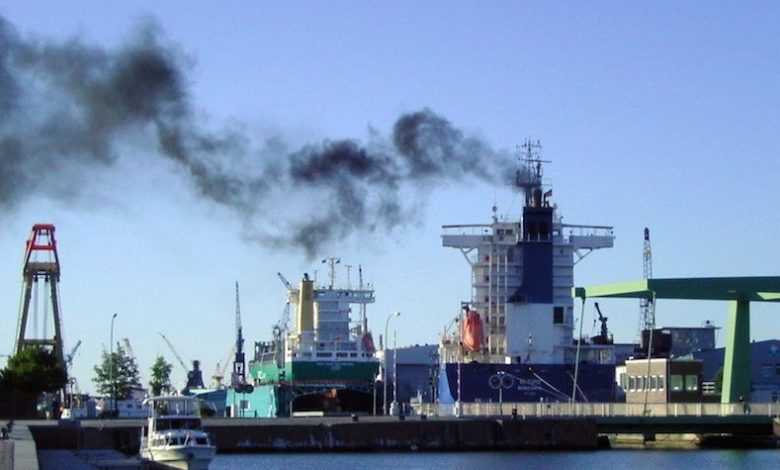Ship efficiency standards too weak to drive improvements, NGOs claim

Shipping’s only legally binding climate measure is not stimulating the uptake of new technologies or driving efficiency improvements, according to a new study. Since 2013 newly-built ships subject to the International Maritime Organisation’s (IMO) design fuel efficiency standard – known as the EEDI – have performed much the same as those not covered, the report for NGOs Seas At Risk (SAR) and Transport & Environment (T&E) finds.
According to the study at least two-thirds of containerships, half of general cargo ships and a quarter of tankers launched in 2015 already overshoot the requirement for 2020 without using innovative new technologies.
“This shows that the standard will not encourage uptake of new technologies – all it may do is prevent a reversion to the worst designs of the past. These recent efficiency gains are part of a recognised historical trend for ship design efficiency to fluctuate according to economic cycles and fuel prices,” the NGOs said in a release.
SAR and T&E say the ease with which ships over-comply exposes the weakness of the efficiency standard and the urgent need for it to be strengthened.
John Maggs, senior policy advisor at Seas At Risk, said: “What is now clear is that recent improvements in ship design efficiency are the result of the market, not the EEDI. If efficiency standards are not tightened there is a real risk that a change in market circumstances will result in ship design efficiency falling back to the level of the current weak standards.”
While reducing design speed is a very effective way of improving efficiency, the study shows there has only been a modest reduction in the average design speed of new vessels, and that is largely limited to container ships. With efficiency improvements via new technologies and speed reduction largely untapped, there remains considerable potential for further design efficiency improvements but these will not be taken up unless the IMO incentivises them through a stricter EEDI requirement.
Sotiris Raptis, shipping policy officer at T&E, said: “The tightening of requirements for the design efficiency of new ships is the first test of the IMO’s climate ambition after Paris. Missing this boat until the next review in six years’ time would seriously undermine the efforts of countries that committed to strive towards the 1.5 degrees target. Those countries that supported the Paris Agreement, not least EU countries, should not stand by and see this ambition set aside at IMO.”
